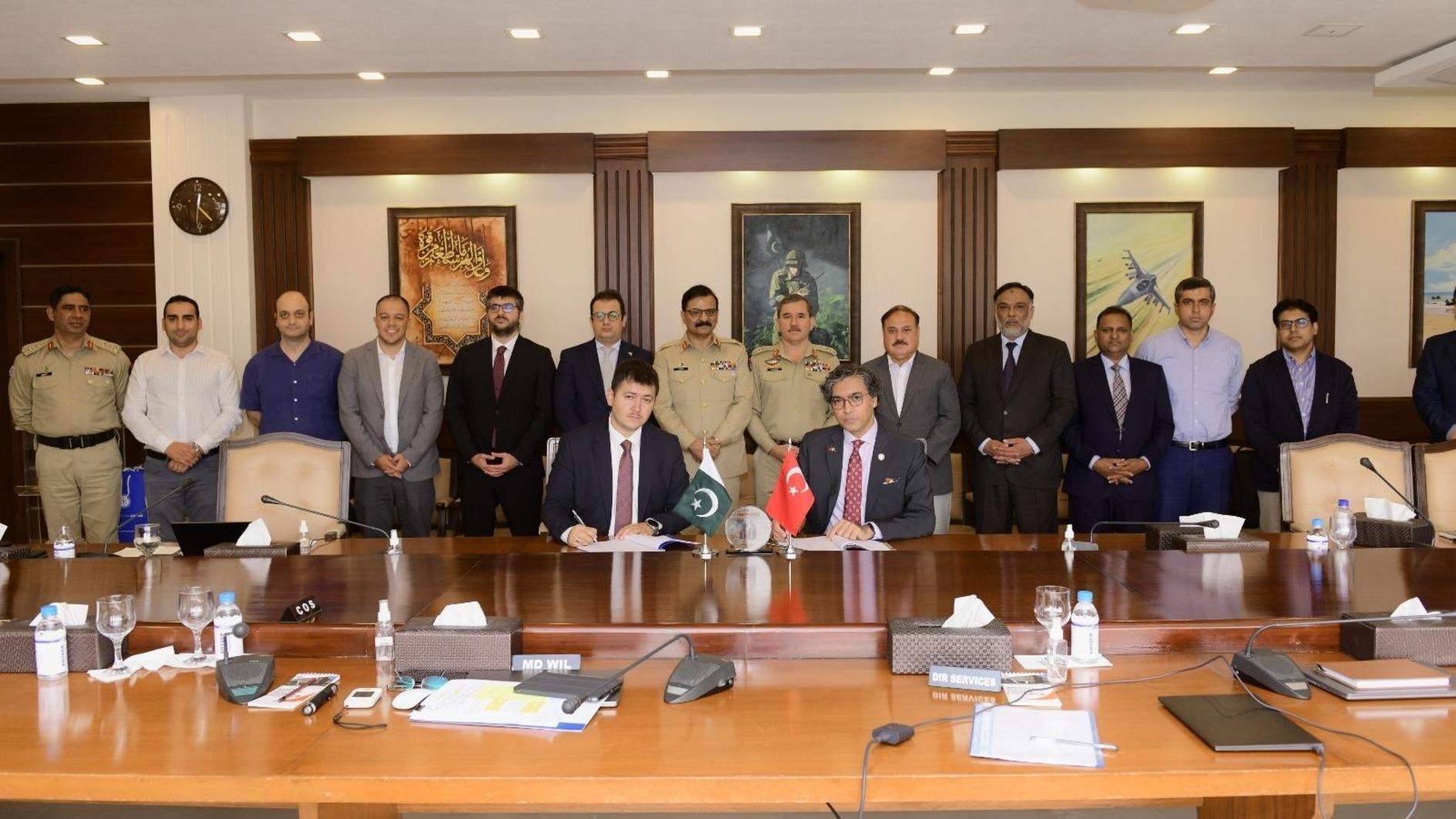Political risks added to economic risks
Global economic news coming to Turkey during the three-day Eid al-Fitr holiday were not good. Fed messages were pointing to an increase in interest rates, while developments in China negatively affected the global economy. We were expecting the effects of these on the domestic market anyway but when the Suruç attack happened, markets deteriorated.
Markets that started the week bad were eased a little July 21 but we can still see question marks in the heads of market actors.
The fact that even though one and a half months have passed since the elections, no concrete stage has been reached in coalition efforts was already confusing heads in the market. Following the declaration that the Nationalist Movement Party (MHP) would not join any coalition, the markets had one hope left: a Justice and Development Party (AKP) and Republican People’s Party (CHP) coalition. Markets prefer the formation of a coalition government over the repetition of elections in a short time.
Market players started the week with coalition questions in their heads but, just like everybody else, were shocked with the heinous attack at Suruç, the news of which arrived at lunchtime. This attack, in which 32 young people died, beside a humanitarian disaster, was a development that showed that the terror in our neighbor countries was now inside our country. Thus, this attack should not be considered as one single attack; it is obvious there will be further similar attacks.
Now, major terror questions have been added to coalition questions in the minds of the markets. The police using force to disperse those protesting the attack brought concern that terror attacks would inflate domestic social incidents.
Coalition, soon
In short, constantly increasing political risks have been added to the approaching global economic problems. The business world, seeing global difficulties, wanted a coalition government to be formed soon. Now, with the latest terror act, this has become an even more urgent necessity.
Turkey is being ruled by a temporary government. Election results call for a new government to be formed but this has not been done yet. This is significant because even though we have entered a process where several tough decisions should be taken, we are ruled by a government which does not have public or parliament support.
There are cabinet ministers who were appointed temporarily because of elections; there is a new defense minister who has been appointed after the elections. There is a prime minister and a council of ministers who continue to use more than the power given to them. In other words, the present government does not have the social support to make such tough decisions.
For this reason, a coalition government has to be formed soon according to election results. Otherwise, very difficult days in terms of social peace and economy may be waiting for us.











